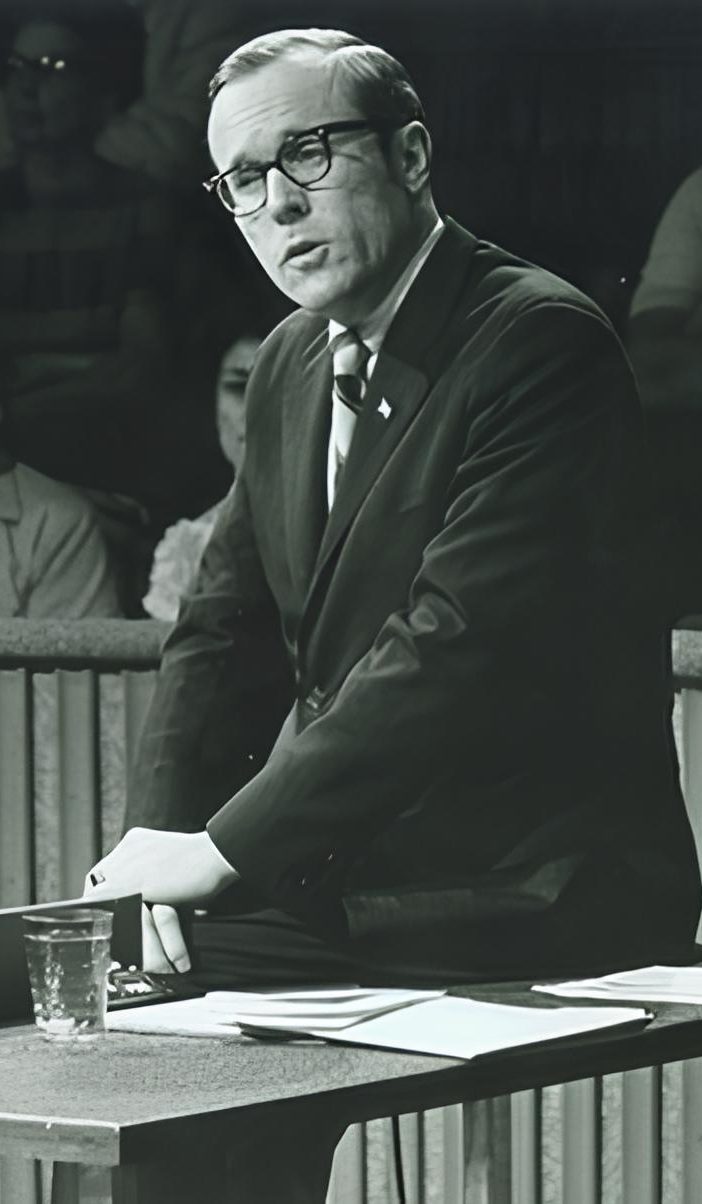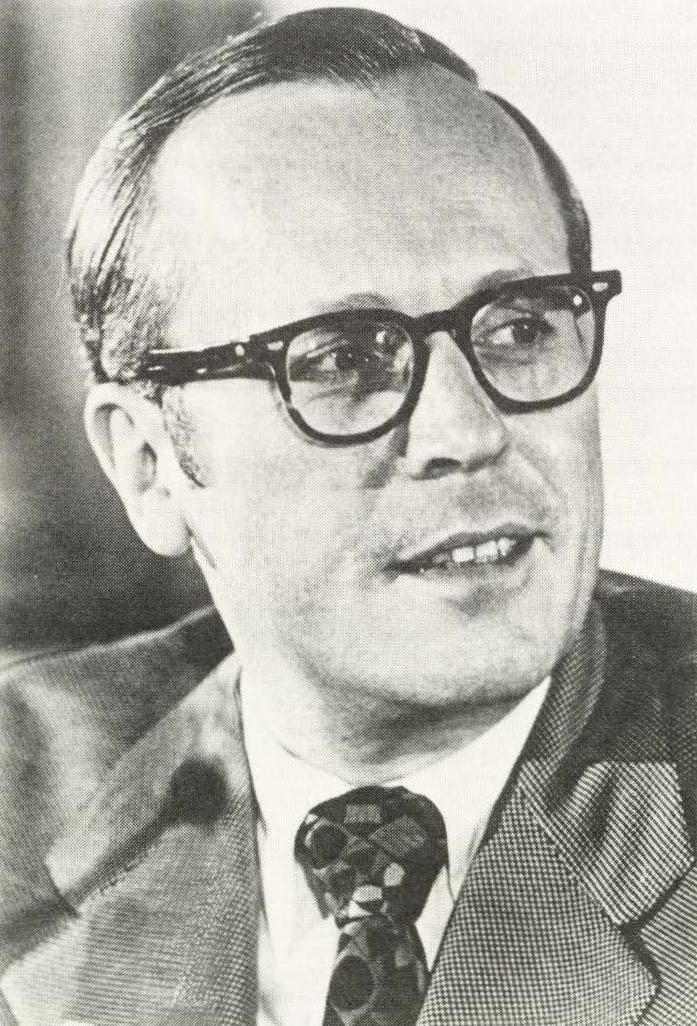What is Conservatism?
Conservatives in America seek to conserve the political inheritance of our Founders. That inheritance is a system of governance premised on the unchanging nature and God-given sovereignty, equality, and rights of all individuals. Government is instituted by individuals to protect those rights and to allow for their free exercise wherever and whenever possible for the benefit of society.
Our Founders understood that the principal problems of mankind are permanent, not temporary. Three principal areas of policy that reflect this understanding are:
- There will always be belligerents. Defending the borders and policing the streets are the first business of government.
- People differ in skills, desires, attitudes, and goals. Free markets are the best way to allocate resources amongst them.
- Raising children will always be profoundly difficult. Thousands of generations of human history have proven that nuclear families are critical to child rearing and necessary to a functioning society.
More broadly, Mr. Rusher defined conservatism as follows in his Final Column on March 3, 2009:
“Conservatism is essentially an analysis of social problems from the standpoint of a particular understanding of human nature. As long as that understanding continues essentially unchanged, the ways of dealing with those problems will remain basically unchanged.
.
What is that understanding? Conservatives believe that people are designed to pursue their own best interests and that the job of society is to make sure that, as far as possible, the pursuit of those interests conduces to the benefit of society as a whole. Happily, it tends to do so.”
The Project
Honoring the Vision and Extending
the Legacy of William A. Rusher
The William A. Rusher Centennial Project aims to produce substantive intellectual media that, rooted in Mr. Rusher’s work, pushes today’s conservative movement to adopt a more coherent philosophy, a stronger coalition, and a more effective set of political and legal strategies.
In short, the Project aims, as Mr. Rusher aimed, to communicate the appeal of conservatism to voters. And in so doing, it aims to inspire respect and enthusiasm the way Mr. Rusher did, while fighting effectively, confidently, and cheerfully for the conservative views he articulated.
Those views, rooted in Locke and Burke, and founded in the Declaration of Independence, are not necessarily those views often misidentified today as “conservative.” The Project seeks to advance and to adapt Mr. Rusher’s views — in line with his legacy — so that they have broad resonance and appeal in the current political environment.

Bill’s Body of Work
The legacy of Bill Rusher is extensive and his contributions to political thought are immense. Below you can explore some of his works, and learn more about the impact he made on our country as we know it today.
Bill's Books

Columns by Bill

Video Content
Library of Congress

About Bill Rusher
William A. Rusher, a significant figure in the conservative movement, made notable contributions as the publisher of National Review. He played a pivotal part in organizing conservatives and was instrumental in the founding of the Goldwater for President movement.
During the 1970s, Rusher was a central figure in bringing together conservative voters. Known for his unwavering advocacy of limited government and conservative values, Rusher’s strategic insight and steadfast commitment earned him profound respect.
His impact continued until his passing in 2011, leaving behind a lasting legacy as a trailblazer who played a crucial role in shaping the landscape of modern American conservatism.
Engaging Today’s Culture
The William A. Rusher Centennial Project aims to produce substantive intellectual media that, rooted in Mr. Rusher’s work, pushes today’s conservative movement to adopt a more coherent philosophy, a stronger coalition, and a more effective set of political and legal strategies.
A Model of Political Effectiveness: How Rusher Did It
William Rusher strengthened the conservative movement as an energizing leader, a formidable debater, an incisive columnist, and an engaged mentor...
Rusher at 100: Realism for the 21st Century
(June 23, 2023—revised December 21, 2023) William Rusher, a dynamic force on the American right who passed away in 2011 after decades as comrade and...
“If Not Us, Who?”
If Not Us, Who? takes you on a journey into the life of William Rusher, a key player in shaping the modern conservative movement. Known for his long...
“The Truth Shall Prevail”
Bill would often end his talks with this quote, which speaks to the strength of his vision and the source of his hope even in difficult times:
”For want of me the world’s course will not fail.
When all its work is done the lie shall rot.
The Truth is great and shall prevail,
When none cares whether it prevail or not.”
– Coventry Patmore, Magna est Veritas
Confidence that the Truth shall prevail, and the tireless effort to pursue it, sums up the life, and legacy, of Bill Rusher.


